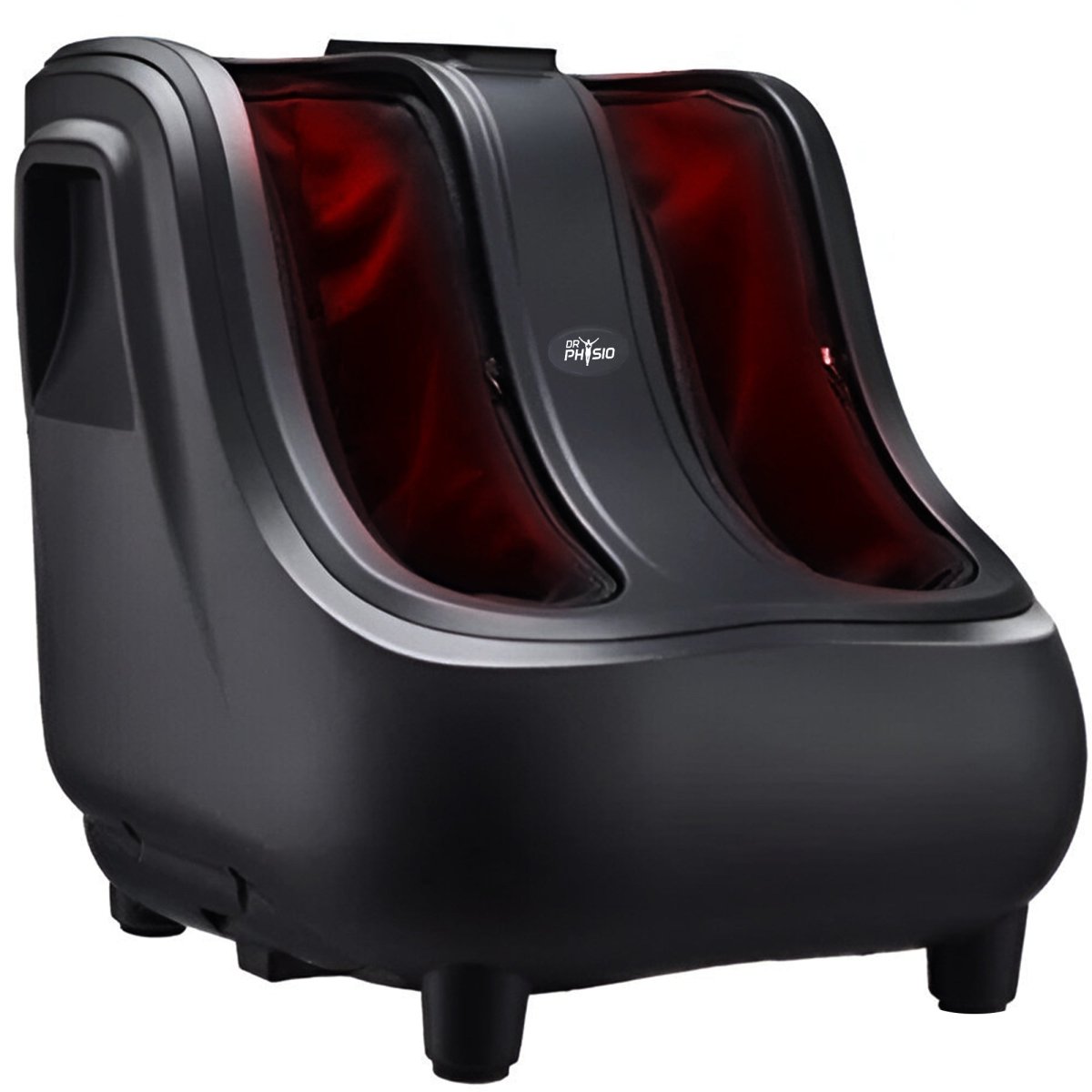With the increasing health awareness, there has been a huge demand for refined sugar substitutes in the market that would provide lesser or no calories and possess similar sweetening potential. There are various natural substitutes for refined sugar easily available including Honey, Coconut Sugar, Blackstrap Molasses, Maple Syrup, Apple Sauce, and Date Syrup. These natural substitutes have high nutritional value and are simultaneously rich in Glucose, Fructose, and Sucrose which possess high calories, and may obstruct a hypocaloric diet which instead of managing, may enhance health conditions of obesity, diabetes, and cardiovascular diseases.
Low-Calorie Substitutes of Refined Sugar available in India
There are a variety of artificial zero-calorie sweeteners available in the market, e.g. saccharin, aspartame, acesulfame potassium, cyclamates, etc. However, these sugar substitutes are associated with health complications, and subsequently, their restricted use is recommended. Thus, there is a continuous search for low-calorie or non-caloric sweeteners of natural origin that are safe for consumption with additional health benefits.
Here is the list of some low or Zero Calorie Substitute with their health benefits that you will easily get in healthy food stores or online:
1. Stevia

Stevia is the most popular natural alternative to artificial sweeteners among diabetics globally as a substitute for refined sugar. In India, multiple brands have launched stevia in the form of powder, granules, and drops to target diabetic and health-conscious consumers.
Stevia contains natural compounds, especially stevioside and rebaudioside A (Reb-A). The stevia available commercially contains (Reb-A) which is 200 times sweeter than table sugar, with zero calories and no nutritional value.
However, Stevia-incorporated products possess better sweetening potential and maximum consumer acceptability, compared to other sugar substitutes.
This zero caloric sweetener is partially or fully incorporated into beverages, ice creams, chocolates, dairy, and bakery products. However, this revolution is in its early stages.
In response to increasing consumer demands globally, food and beverage industries are looking ahead and focusing to reduce calories and cut the cost of various eatables by incorporating Stevia.
Pros
- Stevia is reported to be effective against diabetes, hypertension, ulcers, dental – caries, inflammation, and cancer. 1
The medicinal use of stevia for treating these chronic health conditions is an exciting venture and worthy of more exploration by the medical community.
- Consumption of Stevia during pregnancy does not pose a health risk when used in moderation. Its acceptable daily intake (ADI), recommended is 240 mg in a 60 kg individual.3
- Stevia also possesses antioxidant, and antimicrobial effects.1
- If incorporated into dairy products, maintains the texture, body, and mouthfeel of the product.
- The replacement of sugar with stevia in desserts can significantly lower the calories while retaining the taste.
- Stevia can be safely incorporated into baked products since it can be heated up to 200°C.2
Cons
- The only drawback of stevia as reported to date is its extra-sweet taste that comes with an unwanted flavor downside that may or may not satisfy your taste bud.
2. Sugar Alcohols

If you are diabetic and have never heard of ‘Sugar Alcohols’ before. Here’s some information that you might be interested in.
Sugar alcohols are neither sugar nor alcohol. These are low digestible carbohydrates of natural origin, extracted from fruits and vegetables.
Sugar alcohols contain fewer calories (1.5 - 3 calories per gram) than sugar (4 calories per gram), and they do not cause tooth decay like refined sugar does. The sweetness of sugar alcohols varies from 25% to 100% as that of sugar. Therefore, Food industries market their items as low carb, sugar-free, and diabetes-friendly without compromising sweetness.
“Sugar-free" chewing gums brands including Happydent, Orbit, Trident, Extra, and many others use Xylitol, sorbitol, and Maltitol as a sweetener. Apart they are also used in sugar-free ice-creams, candies, chocolates, and cookies.
Xylitol is used in sugar-free toothpaste, mouthwash, candies, and even in sugar-free sauces and syrups.
Here is the list of FDA approved Sugar Alcohols4:
- Erythritol
- Sorbitol
- Mannitol
- Maltitol
- Xylitol
- Lactitol
Most of these are available commercially in powder form and used in food industries and we might not know even. So next time you buy a sugar-free product, you might be interested in its Nutritional facts.
Pros
- As a refined sugar substitute, they offer fewer calories than refined sugar and do not induce an increase in blood glucose or insulin secretion, like refined sugar and thus, recommended for diabetics.
- Sugar alcohols prevent tooth decay.
- It also adds texture to foods, retains moisture, and prevents foods from browning when they are heated.
- Lactitol, apart from its usage in the food industry, is the major ingredient of medically used syrups and granules that are used to relieve constipation.
- Xylitol has been reported to act as prebiotic 5, to support gut health.
Cons
- The most common side effect of sugar alcohols (Except Eyrthritol) is that it causes IBS (irritable bowel syndrome), a gastrointestinal disorder followed by bloating, abdominal pain, and diarrhea when consumed in excessive amounts.
- The acceptable daily intake (ADI) of sugar alcohols has not been reported to date. The American Diabetes Association also suggests consuming sugar alcohol in a moderate amount.
Since sugar alcohols have some carbohydrates, overconsumption can increase weight.
- The excess of it can trigger blood sugar levels, especially for Type I diabetics.
- Xylitol consumption in dogs is highly toxic. In dogs, it can result in increased blood sugar levels followed by acute liver failure and even fatal.6
Out of all Sugar alcohols, Erythritol is the safest option and can be replaced with refined sugar.
3. Yacon Syrup

Yacon syrup is another natural sweetener extracted from the roots of the yacon plant (Smallanthus sonchifolius). It has one-third of the calories of refined sugar.
Yacon Syrup has not received very much popularity yet. Not many human trials have been reported in the literature to date. But it has full efficiency to make its way into the health and wellness community.
It tastes about half as sweet as honey and its consistency is similar to molasses.
It is composed of fructo-oligosaccharides (FOS), a soluble undigested fiber, inulin, and a small amount of glucose and fructose.
The recommended daily consumption of Yacon syrup with no undesirable gastrointestinal effects is 8.4 g for a 60 kg individual.10
Pros
- FOS and inulin present in Yacon syrup are prebiotics and provide a food source for the fermentation of good bacteria in the gut.
- These good bacteria are beneficial for boosting the immune system, inhibiting the growth of disease-causing bacteria, digesting food, and producing valuable vitamins.
- Yacon syrup has a very low glycaemic index, keeps blood sugar and insulin levels in order, and is therefore recommended for diabetics.
- It is also a ‘miracle food' for weight loss treatment.
Daily intake of Yacon syrup produces a significant decrease in body weight, waist circumference, and body mass index.
It is low in calories but thick in consistency which gives the sensation of fullness even if consumed in a small amount. It is better to be consumed before a meal than with the meal for effective reduction in appetite. It also increases defecation frequency and satiety sensation. This hack is very effective for healthy weight loss.7
There has been a reported significant decrease in body weight over 120 days with consumption of Yacon Syrup.9
Cons
- Yacon syrup if taken in excess can lead to abdominal pain, gas, bloating, and diarrhea.
- Inulins may sometimes cause intestinal discomfort and allergic reactions.8
- There have also been reports of some of the FOS from Yacon being converted to fructose during food processing and when exposed to high temperatures (above 248°F while baking). This increases its potential for tooth decay.
4. Monk Fruit sweetener (Siraitia grosvenorii)

Monk fruit sweetener is another zero-calorie natural sweetener, extracted from monk fruit or Buddha Fruit, native to Southeast Asia and now being cultivated in India also since July 2021.
Monk fruit mainly contains fructose, glucose, and Mogrosides.
Mogrosides are antioxidants that are responsible for the sweetness of monk fruit instead of fructose or glucose. It is 300 times sweeter than regular sugar with zero-calorie. 11
Various brands manufacture monk fruit sweeteners in the form of powder, liquid as an alternate for refined sugar for diabetics.
Pros
- Traditionally, monk fruit was used as a household remedy for the treatment of lungs, sunstroke, dire thirst, constipation, sore throat, cough, and cold.
- Recently, pharmacological studies have shown therapeutic properties of monk fruit such as liver protection, anti-oxidative, anti-hyperglycemic, antiasthmatic, anti-cancer, and anti-inflammatory.
- Its anti-obese effect has not been reported to date, but this zero caloric sweetener has full potential for sustainable weight loss.
- Also, several health-protective food products have been patented from monk fruit by the researchers such as jam, chocolate, sweet juice, etc. 13,14,15
- Monk fruit is also introduced as a non-nutritive tabletop sweetener by a leading manufacturer. The manufacturers like Coke and Kashi, have introduced several products containing monk fruit extract.12
Cons
- Monk fruit sweeteners in their purest form exhibit an off-taste and less desirable sensory profile. Therefore, it is mixed with other natural sweeteners such as Allulose, and Erythritol to reduce the perceived bitterness and taste profile, and improve its acceptability as a sweetener.
- The monk fruit got FDA approval in 2010. Simultaneously, the increasing demand for non-nutritive sweeteners from natural sources increased the popularity of monk fruit in the international market including nutraceutical, food, and beverage industries, but its cultivation is limited. Eventually, the Low cultivation rate and high market demand lead to a higher price for monk fruit sweeteners.
Due to its zero caloric value, it can completely replace refined sugar when mixed with other natural low caloric sweeteners.
-
Allulose

Allulose or d-psicose is another good alternative to refined sugar, with a relative sweetness of 70% and a very low caloric value.
It is naturally found in wheat, raisins, figs, and processed sugar cane. Commercially it is extracted from corn.
Various brands manufacture Allulose sweeteners in the form of powder, liquid forms for diabetics and obese.
Pros
- Allulose provides only 0.2–0.4 calories per gram with many health benefits, for instance, regulating cholesterol neuroprotection, anti-obesity, anti-diabetic, anti-inflammatory and anti-atherosclerosis.16
- It has been reported to interact with gut microbes to reduce inflammatory symptoms, bloating, and digestive issues. Additionally, it promotes the growth of good bacteria in the gut.17
- It is also a keto-friendly sweetener and also it can be added to beverages such as tea or coffee in routine.
Cons
- Less human trials are reported using Allulose but there are no side effects or health issues found associated with the consumption of Allulose as a sweetener.
- It is a way more expensive sweetener than refined sugar. Manufacturers are trying to make it budget-friendly by mixing it with other low caloric natural sweeteners, which will be conducive for industrial manufacturing of Allulose in near future.












